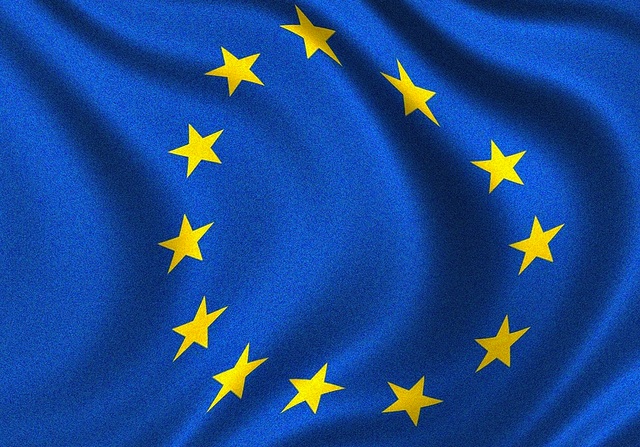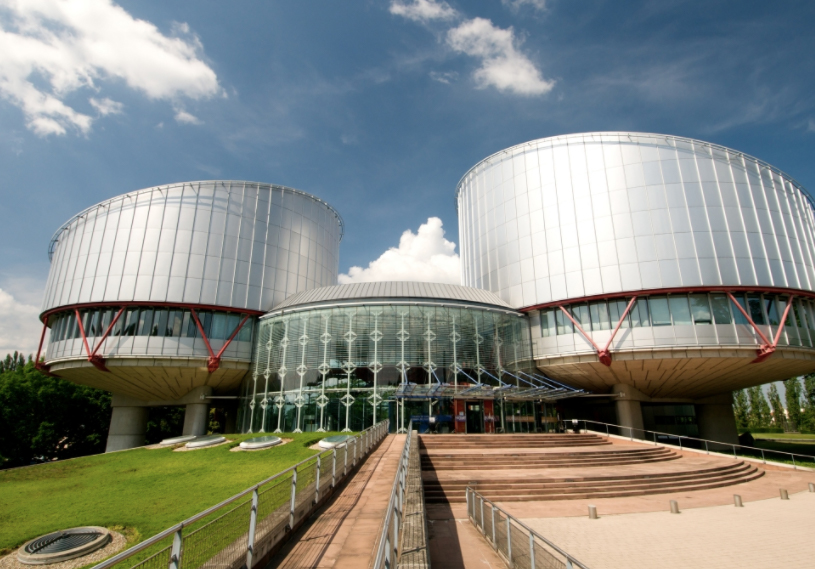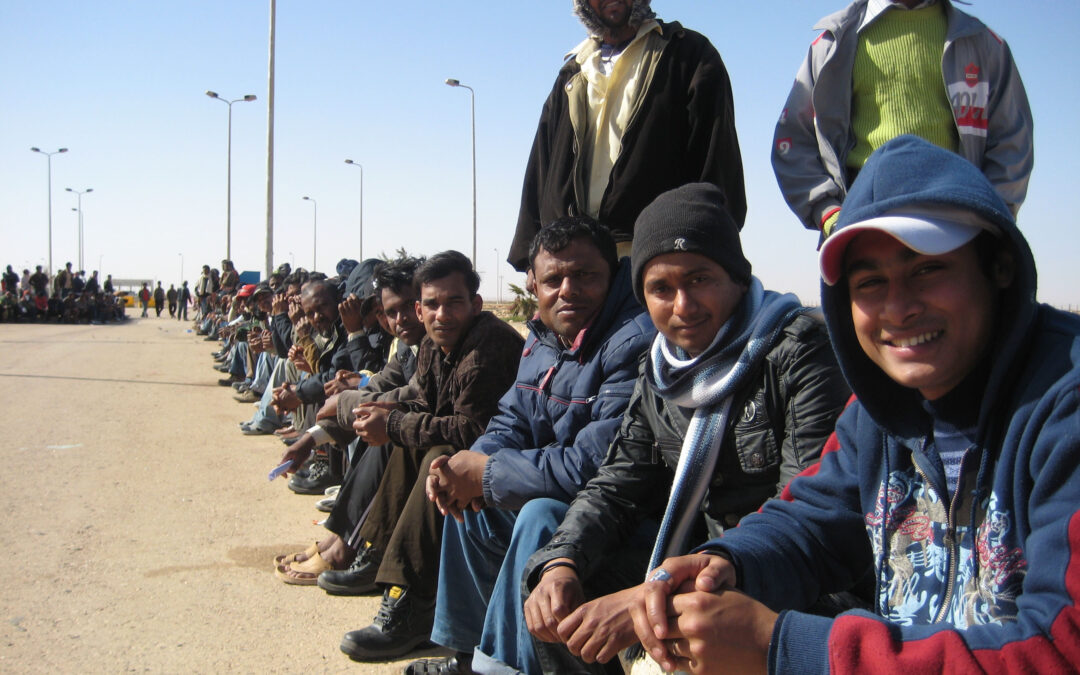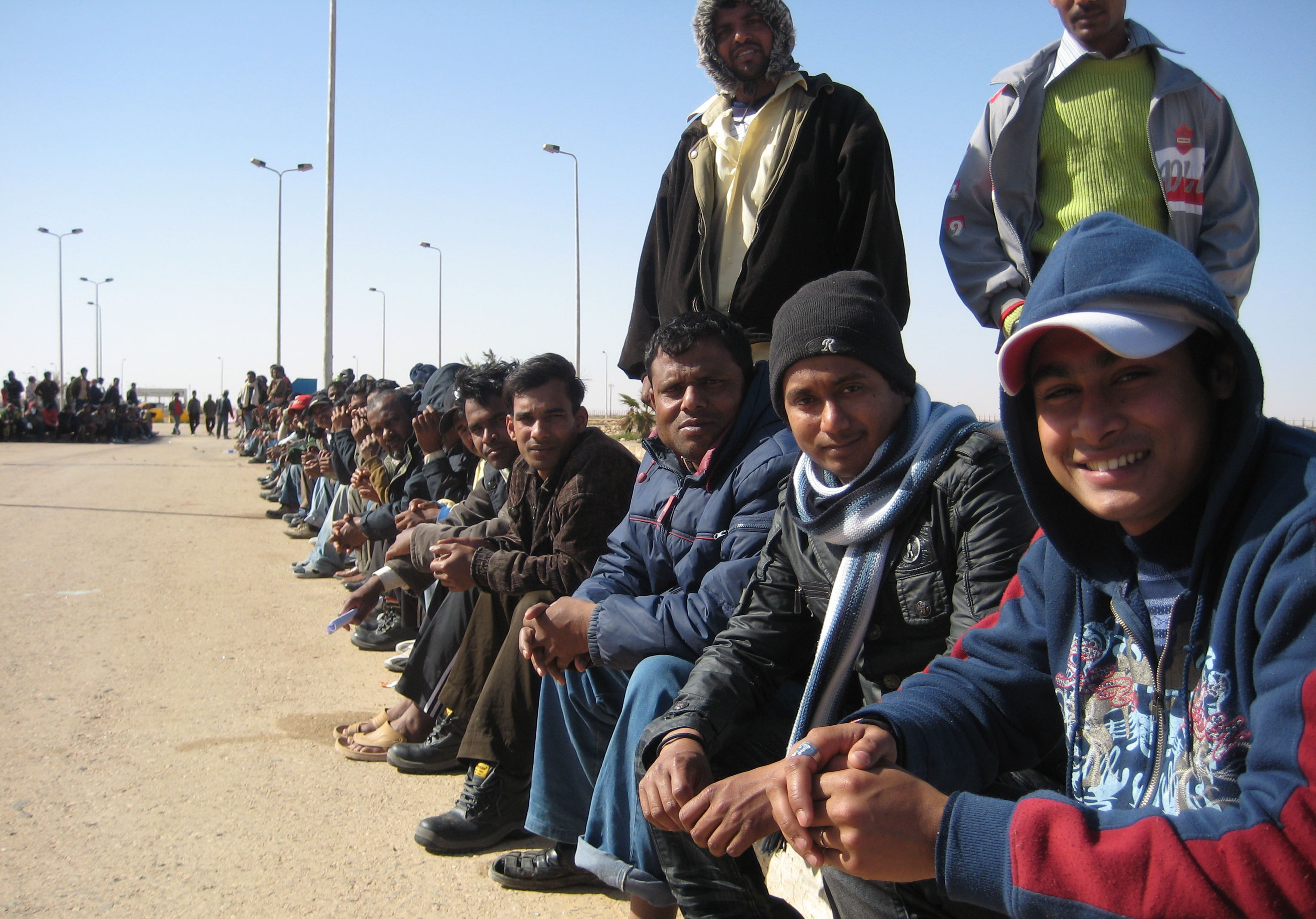
Jan 21, 2014 | Advocacy, Non-legal submissions, Position papers
The ICJ submitted today its contribution to the public consultation of the European Commission on the future of home affairs policies in the European Union.
In its contribution, the ICJ highlighted the need to increase human rights protection in EU home affairs legislation and in its implementation.
The ICJ submission recommends an increased monitoring of the human rights compliance of draft legislation; calls for increased transparency in the legislative process; and for a better use of infringement proceedings by the European Commission to ensure the effective implementation of EU home affairs legislation with particular attention to the protection of human rights.
The ICJ addressed, in its contribution, the importance of a correct and human rights compliant implementation of the new Common European Asylum System, and the need of further reforms in the EU legislation on asylum, migration and border control.
Finally, the ICJ stressed the poor record of the EU institutions, besides the European Parliament, in ensuring accountability for human rights violations committed in countering terrorism, for example in the cases of the National Security Agency (NSA) surveillance programme scandal and in the cases of alleged complicity of European States in the US-led system of renditions and secret detentions.
EU-PublicConsultation-ICJ-FutureHomeAffairs-2014-Final (download the contribution)

Nov 7, 2013 | News
The Court of Justice of the European Union (CJEU) today declined to hold that the criminalisation of consensual same-sex activity necessarily constitutes “persecution” for the purposes of EU asylum law.
This ruling is out of step with international human rights and refugee law, the ICJ and Amnesty International said.
In X, Y and Z v Minister voor Immigratie, Integratie en Asiel the Luxembourg-based CJEU considered three joined cases arising from asylum requests lodged in the Netherlands by nationals of Senegal, Sierra Leone and Uganda.
The three men claimed that they have a well-founded fear of persecution based on their – undisputed – same-sex sexual orientation and the fact that sex between men is criminalised in their home countries.
“The Court skirted around the real issue in this case and missed a key opportunity to state clearly that to criminalise consensual same-sex conduct ultimately amounts to criminalising people for who they are and, therefore, amounts to persecution per se, regardless of how often sentences of imprisonment are enforced,” said Sherif Elsayed-Ali, Amnesty International’s Head of Refugee and Migrants’ Rights.
A key question facing the Court was whether “the criminalisation of homosexual activities and the threat of imprisonment” for the same constitute “persecution” under EU asylum law.
The Court did affirm that the prosecution and imprisonment of a person for such conduct would constitute persecution.
However, according to the two organizations, the mere existence of laws that criminalise consensual same-sex sexual activities – and which thus effectively criminalise individuals for their sexual orientation and who they are – also runs contrary to international human rights law and jurisprudence, as well as a growing raft of national court decisions.
“The Court should have found that these laws, even when they have not recently been applied in practice are capable of giving rise to a well-founded fear of persecution in lesbian, gay, bisexual transgender and intersex people, and who accordingly should be recognised as refugees when they apply for asylum,” said Livio Zilli, Senior Legal Adviser at the International Commission of Jurists.
Amnesty International has extensively documented how these laws provide state actors with the means to perpetrate human rights violations and contribute to an atmosphere of state-supported homophobia.
They enable harassment and abuse, and deny lesbian, gay, bisexual, transgender and intersex (LGBTI) individuals – or those perceived to be LGBTI – effective state protection to which they are entitled under international human rights law.
Contact:
Livio Zilli, Senior Legal Adviser, ICJ, t + 41 22 979 38 23 ; e-mail: livio.zilli(a)icj.org
Notes:
In its request to the CJEU, the Dutch Council of State asked the Luxembourg-based CJEU to answer the following questions:
1) “Do foreign nationals with a homosexual orientation form a particular social group as referred to in Article 10(1)(d)” of the Qualification Directive?
2) “Which homosexual activities fall within the scope of the Directive”; “how should national authorities assess what constitutes persecution in this context” and “whether applicants for refugee status should be expected to conceal, or exercise restraint in expressing, their sexual orientation in their country of origin” in order to avoid persecution?
3) Do the criminalisation of same-sex sexual activity and the possibility of imprisonment upon conviction constitute persecution within the meaning of the Qualification Directive?
Read also:
Criminalization of same-sex acts and the threat of imprisonment give rise to a well-founded fear of persecution

Oct 25, 2012 | Advocacy, Non-legal submissions
 During a half-day of general discussion held today by the Human Rights Committee, the ICJ supported the establishment by the Committee of a General Comment on the right to security and liberty of the person under article 9 of the International Covenant on Civil and Political Rights (ICCPR).
During a half-day of general discussion held today by the Human Rights Committee, the ICJ supported the establishment by the Committee of a General Comment on the right to security and liberty of the person under article 9 of the International Covenant on Civil and Political Rights (ICCPR).
As an update to its General Comment No 8 of 1982, the Human Rights Committee (the Committee) has commenced a process to develop a new General Comment on article 9 of the ICCPR. Responding to a list of issues prepared by the Committee for potential expansion within the General Comment, the ICJ supported the initiative and called for clarification of certain issues in this work.
The ICJ’s submission and statement also called on the Committee to give express consideration to the following thematic issues within the General Comment:
- The meaning of ‘arbitrary’ deprivation of liberty;
- Application of article 9 in international and non-international armed conflicts, including in the context of administrative detention;
- Control orders and other mechanisms involving restrictions of movement and the extent to which such mechanisms might interfere with liberty rights;
- Detention of asylum-seekers and irregular migrants; and
- The role and accountability of legal entities.
The Committee is scheduled to consider and adopt a first draft of the General Comment during its session in March 2013. The ICJ intends to make substantive submissions on this first draft.
ICJ-HRCttee-GCArticle9-IssuesStatement-non-legal submission (2012) (download in PDF)
ICJ-HRCttee-GCArticle9-IssuesSubmission-non-legal submission (2012) (download in PDF)
HumanRightsCommittee-Issues-Article9 (download in Word)

Jul 3, 2012 | Events
 On 3-4 July, the ICJ and UNHCR organised a workshop for lawyers across Europe on the principle of non-refoulement and the right to an effective remedy.
On 3-4 July, the ICJ and UNHCR organised a workshop for lawyers across Europe on the principle of non-refoulement and the right to an effective remedy.
On 3-4 July, the ICJ and UNHCR organised a workshop for lawyers across Europe on the principle of non-refoulement and the right to an effective remedy. The workshop, which took place at the European Court of Human Rights’ premises, focussed on the Strasbourg Court’s jurisprudence and on the practice and procedure related to interim measures before the court.
Europe-ICJUNHCRtraining-agendaICJ-2012 (download the agenda of the workshop)
Photo credit: © Stabilisation Unit/DFID (the DFID has no involvement in nor does support this event)












